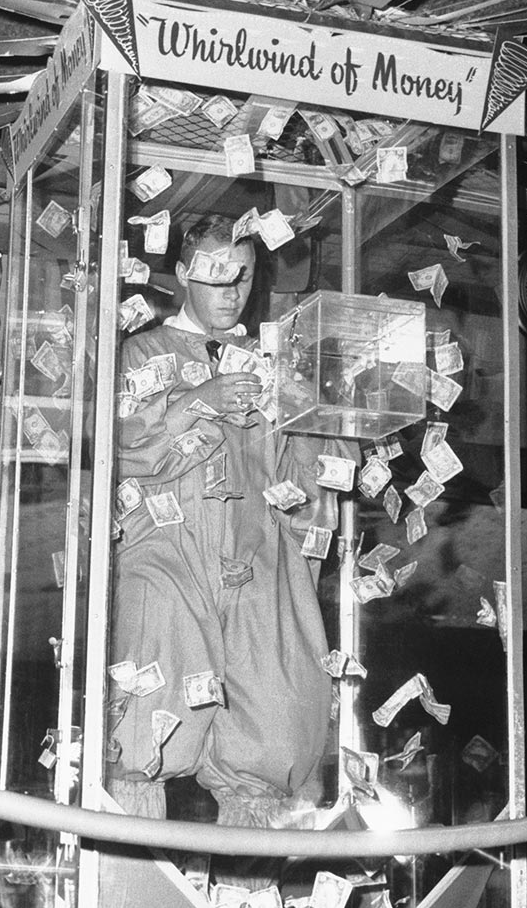英文法律词典 D-18
|
DEBATE, legislation, practice. A contestation between two or more persons, in which they take different sides of a question, and maintain them, respectively, by facts and arguments; or it is a discussion, in writing, of some contested point. 2. The debate should be conducted with fairness, candor and decorum, and supported by facts and arguments founded in reason; when, in addition, it is ornamented by learning, and decorated by the powers of rhetoric, it becomes eloquent and persuasive. It is essential that the power of debate should be free, in order to an energetic discharge of his duty by the debator. 3. The Constitution of the United States, art. 1, s. 6, provides, that for any speech or debate, in either bouse, the senators and representatives shall not be questioned in any other place. 4. It is a rule of the common law, that counsel may, in, the discharge of professional duty, use strong epithets, however derogatory to the character of the opponent, or his attorney, or other agent or witness, in commenting on the facts of the case, if pertinent to the cause, and stated in his instructions, without any liability to any action for the supposed slander, whether the thing stated were true or false. 1 B. & Ald. 232; 3 Dow's R. 273, 277, 279; 7 Bing. R. 459; S. C. 20 E. C. L. R. 198. Respectable and sensible counsel, however, will always refrain from the indulgence of any unjust severity, both on their own personal account, and because browheating a witness, or other person, will injuriously affect their case in the eyes of a respectable court and jury. 3 Chit. Pr. 887, 8. DEBENTURE. A certificate given, in pursuance of law, by the collector of a port of entry, for a certain sum, due by the United States, payable at a time therein mentioned, to an importer for drawhack of duties on merchandise imported and exported by him, provided the duties arising on the importation of the said merchandise shall have been discharged prior to the time aforesaid. Vide Act of Congress of March 2, 1799, s. 80; Encyclop6die, h. t.; Dane's Ab. Index, h. t. DEBET ET DETINET, pleading. He owes and detains. In an action of.debt, the form of the writ is either in the debet and detinet, that is, it states that the defendant owes and unjustly detains the debt or thing in question, it is so brought between the original contracting parties; or, it is in the detinet only; that is, that the defendant unjustly detains from the plaintiff the debt or thing for which the action is brought; this is the form in in action by an executor, because the debt or duty is not due to him, but it is unjustly detained from him. 1 Saund. 1. 2. There is one case in which the writ must be in the detinet between the contracting parties. This is when the action is instituted for the recovery of goods, as a horse, a ship, and the like, the writ must bein the detinet, for it cannot be said a man owes another a horse, or a ship, but only that he detains them from him. 3 Bl. Com. 153, 4; 11 Vin. Ab. 32 1; Bac. Ab. Debt, F; 1 Lilly's Reg. 543; Dane's Ab. h. t. DEBIT, accounts, commerce. A term used in book-keeping, to express the left-hand page of the ledger, to which are carried all the articles supplied or paid on the subject of an account, or that are charged to that account. It also signifies the balance of an account. DEBITUM IN PRAESENTI, SOLVENDUM IN FUTURO. A debt due at present, to be paid in future. There is a difference between debt payable now and one payable at a future time. On the former an action may be brought, on the latter no action lies until it becomes due. See Due; Owing; and 13 Pet. 494; 11 Mass. 493. |








